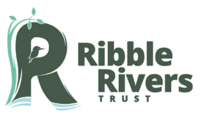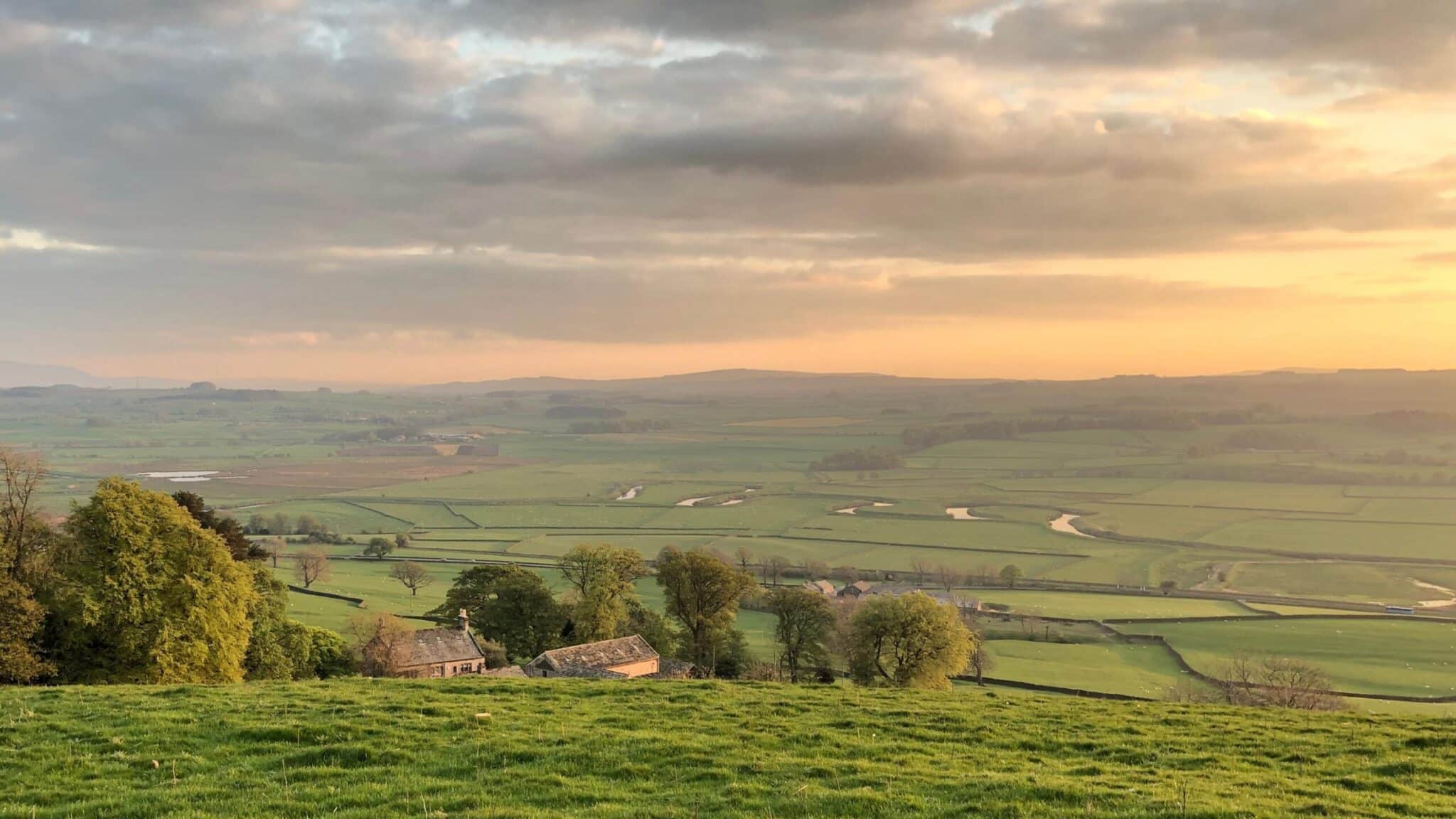
Our BLOG
Ribble Rivers Trust Blog
-

Rivers and trees- 5 benefits for woodlands and water
If rivers are the heart of the natural world, then woodlands are the lungs. Together rivers and trees link up to provide a huge benefit to our environment and help to keep our planet healthy. Ribble Rivers Trust are a data and evidence driven organisation. So, we use careful planning and research to develop and…
-
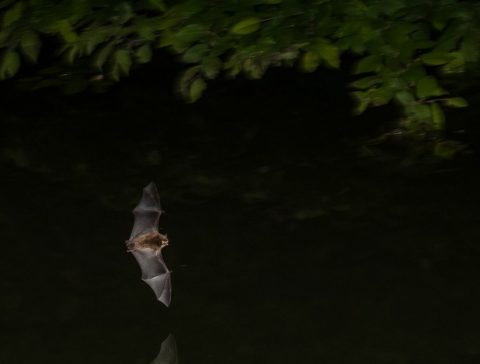
Bats- super spooky or marvellous mammal?
Eye of newt, and toe of frog, wool of bat, and tongue of dog That’s what the Three Witches used for their famous brew in Shakespeare’s Macbeth. But did you know that the Three Witches were probably referring to mustard seed, buttercup, holly leaves, and houndstongue! In ancient times this is what these plants were…
-
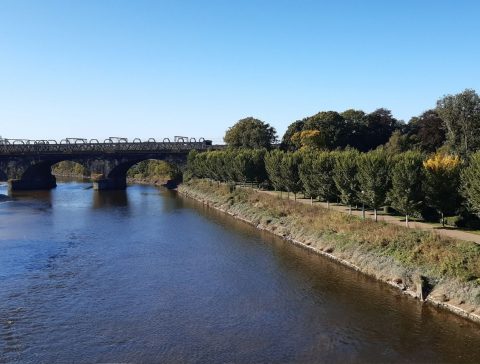
Health Walks for HEAL
As part of our new Green Recovery Challenge Funded project, HEAL (Health and Environment Action Lancashire), we are working with partner organisations to deliver over 80 health walks in Lancashire by March 2023. Health and wellbeing data for Lancashire has been analysed to highlight the areas most in need of increased access to natural spaces…
-

Setting New Horizons for the Lancashire Economy
Ribble Rivers Trust have teamed up with the Lancashire Enterprise Partnership at two of their recent conferences. For the first time the annual Lancashire Enterprise Partnership conferences gave delegates the chance to plant trees for their businesses. To date, donations through the LEP will enable the planting of 105 trees in Lancashire. The Lancashire Enterprise…
-
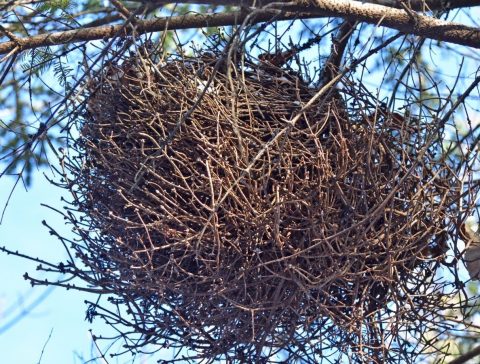
What is a witches broom?
Lancashire is well known for its history of witchcraft, with the trials of the twelve Pendle witches in 1612 one of Britain’s most famous witch trials. But these aren’t the type of witches’ brooms we’re talking about! Lancashire is well known for its history of witchcraft, with the trials of the twelve Pendle witches in…
-
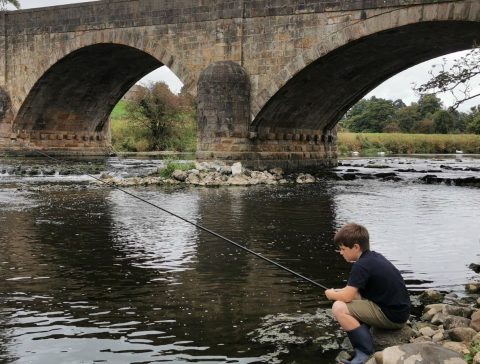
Fishing fun for the Ribble Valley’s future anglers
Local primary schools have once again been taking part in exciting ‘Introduction to Fishing’ sessions with the Ribble Rivers Trust. Pupils from St Mary’s, Chipping and Brennand’s Endowed, Slaidburn have also been busy learning about rivers and their local environment in the outdoor education sessions. The schools fished from the banks of the River Ribble…
-
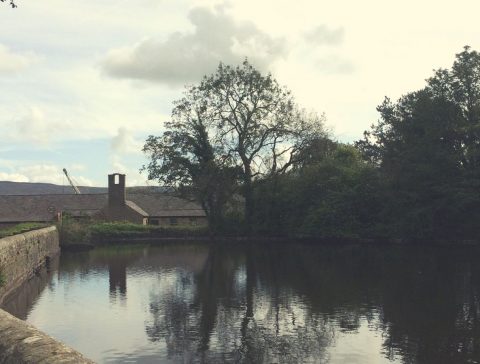
Linking past and present: Lancashire’s mills and rivers
Our county has a long and fascinating industrial history, with generations of families working in quarries, coal mines, and of course cotton mills. Lancashire’s mills and rivers are heavily linked, and without the rivers, industrial boom would simply not have been possible. During the Industrial Revolution the textile industry expanded rapidly. Mill owners were drawn…
-
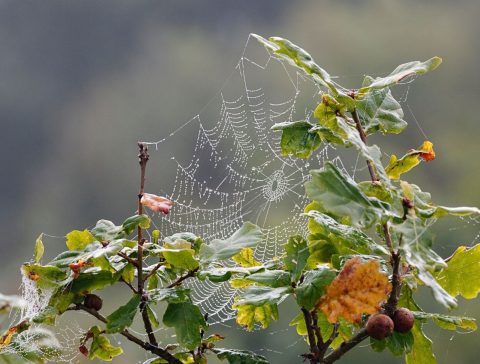
Spider season is here, but what other minibeasts can you find?
September to October is spider season. The creepy crawlies can be found around our homes, and you can often spot their webs glistening in the morning dew. But why do we see so many spiders in autumn, and what other minibeasts can we find at this time of year? Most spider species in the UK…
-
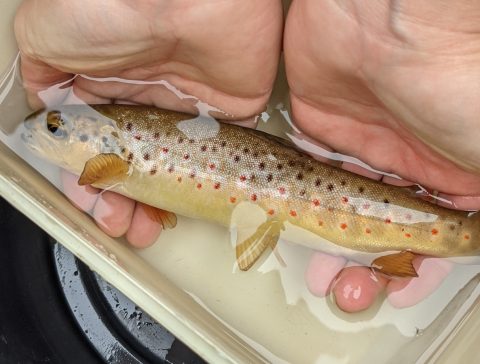
From drought to deluge; the relationship between floods and fish in the Ribble
For the a number of years the UK, and more specifically the Ribble catchment, has experienced low rainfall in the summers, followed by severe flooding in winter. During these years there has also been a drop in the numbers of juvenile fish in the Ribble’s river catchment. Today’s blog comes courtesy of Rob Starkie, who…
-
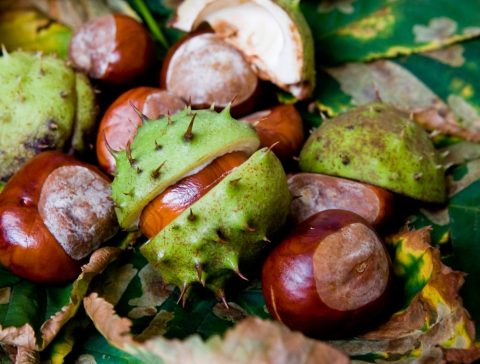
Collecting conkers and conker facts
It’s officially conker season! These glossy brown seeds and their spiky green cases can be found across the country, and every September children start collecting conkers, hunting for the very best specimens. Did you know that conkers are the seeds of a horse chestnut tree? These trees are easily recognisable thanks to their large hand…
-
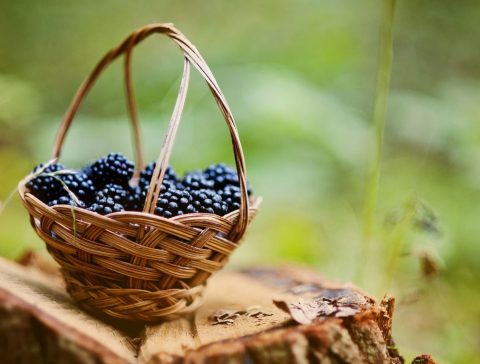
7 fruits to forage this autumn equinox
Today is the autumn equinox. This means that the night and the day are equal in length, and that from now on the days will get shorter, and the nights longer. The equinox was a special time for our ancestors. The equinox represented balance in life, the end of a (hopefully) bountiful harvest season, and…
-
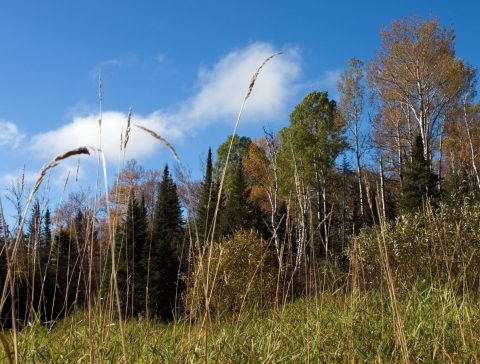
Using data and evidence for conservation
With so many opportunities to improve our rivers for nature and people, Ribble Rivers Trust often uses mapped data and evidence for conservation. Leanne Tough, our data and evidence trainee, explains more. I joined Ribble Rivers Trust (RRT) as a trainee in November 2020 through the Pendle Hill Landscape Partnership (PHLP). The PHLP have helped…
-
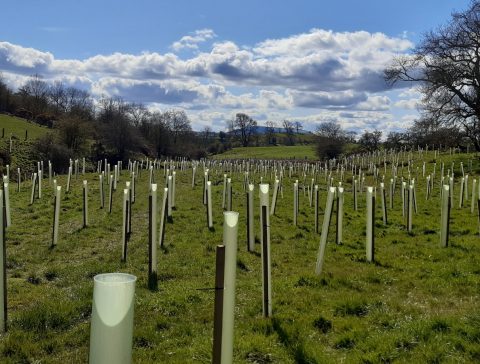
Panaz: supporting local woodlands
Panaz and Ribble Rivers Trust are proud to announce our exciting new partnership! This partnership promises to deliver on the ground environmental projects in Lancashire. Plus, it will also support Britain’s Green Canopy as part of the Queen’s Platinum Jubilee. The partnership will see the equivalent of one tree sapling planted in Lancashire for every…
-
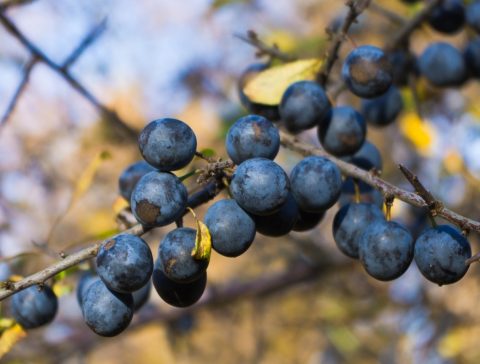
Sloe gin; where to find sloes and what to do with them
It might seem a little early to be thinking about this winter staple, but early autumn is the perfect time to hunt for sloes. By foraging for sloes and making your sloe gin or cordial now you can guarantee you have a plentiful supply of festive drinks. Firstly, what is a sloe? Sloes are the…
-
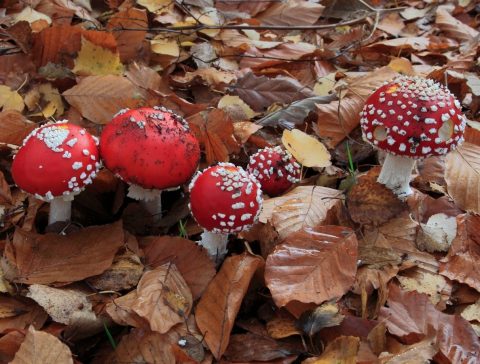
Five signs of autumn
Summer is coming to an end, and next week astronomical autumn officially starts. As nature prepares for one last burst of colour and energy before winter, here are five signs of autumn to look out for. Seeds Throughout autumn many native trees lose their leaves and their seeds. Conkers, acorns, and beech masts are all…
-
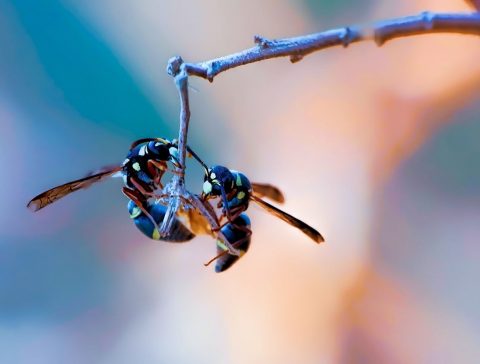
Asian Hornet Week 2021
The British Beekeepers Association (BBKA) is calling on the public not to be complacent about the Asian Hornet. In spite of last year, when there were very few reported sightings, insects are no respectors of a pandemic and if conditions are right we could find nests or sightings as the leaves fall off the trees…
-
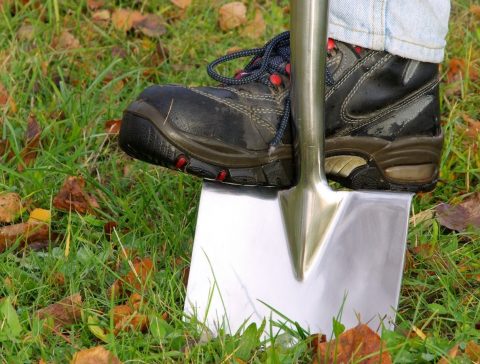
Ribble Rivers Trust partnership secures a grant of £660,100 from the Government’s Green Recovery Challenge Fund
A partnership project led by Ribble Rivers Trust has been awarded a grant of £660,100 from the £40 million second round of the Government’s Green Recovery Challenge Fund, a multi-million pound boost for green jobs and nature recovery. Ninety nature projects across England have been awarded grants from £68,100 to £1,950,000 to create and retain…
-
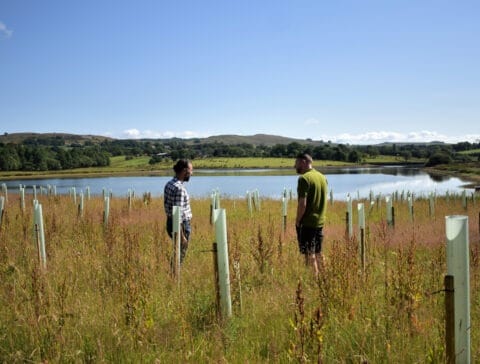
Lancashire electronic recyclers helping to revive local rivers and plant trees
An exciting new partnership has been created to help revive Lancashire’s rivers, woodlands, and wildlife. Recycle IT, one of the UK’s leading IT disposal and asset management providers, have joined forces with Ribble Rivers Trust as their latest corporate supporter. The Burnley based company already has the environment and a circular economy at the heart…
